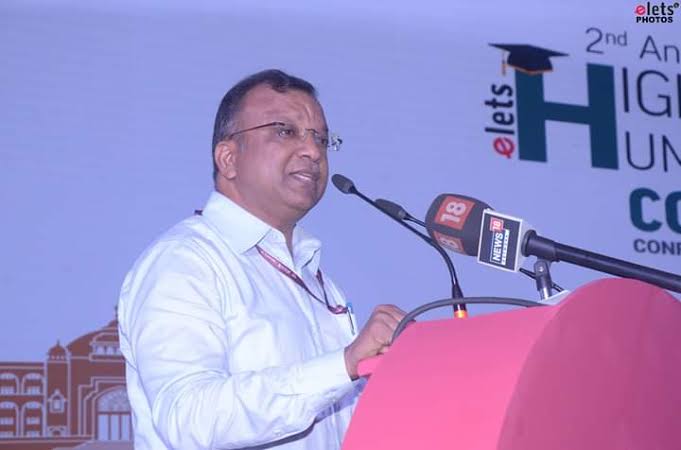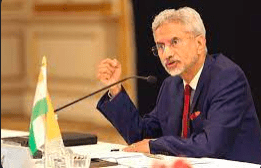IRS officer Mayank Pandey’s book, Palayan, Peeda aur Prerna, highlights the pain and tribulations of the migrant workers during Lockdown 1. The sudden declaration of a lockdown to contain the spread of Covid 19 caught them unaware and unprepared. Not knowing what to do in the big cities, with sources of income closed, no money to buy food and pay house rent, they began to walk back to their villages, some as far as thousands of miles away.

Palayan, Peeda aur Prerna captures their plight in the big cities and their flight to the villages in real-life stories of that time. Stories of survival, of pain, of betrayal, of hopelessness, and amidst it all, of hope to come out of it and make a life for oneself again.
During a conversation with Indian Masterminds, the author, Mr. Mayank Pandey, who is Additional Commissioner of Income Tax, shared what inspired him to write the book and discussed some of the stories that are close to his heart.
AN OFFICE GUARD PLANTED THE SEED
Mr. Pandey’s debut book gives a glimpse of his personality as well, besides the sufferings of the migrant workers during the lockdown period. The officer comes across as an empathetic person who can feel the pain of others. It’s only because he could feel the pain of the workers that he could so vividly describe their sufferings.

Sharing one of the incidents that inspired him to write this book, he said, “For almost a month, the income tax offices were closed. Then in April 2020, they opened under strict lockdown protocols. Every day, one of the security guards would come and sanitize our office. One day, I and my colleague asked him to sanitize our vehicles also. He did it and when we gave him Rs. 100 each, tears rolled down from his eyes. On enquiring, he said that there was nothing to eat in his house as his salary had not been cleared from past two months due to several official reasons.”
This incident forced Mr. Pandey to think why the guard didn’t ask help from him or anyone else. “That incident was eye opening for me. I learnt that they are proud people. They won’t beg to survive, but struggle. You need to kill your self-respect to beg, and all that they have earned in their lives is respect only. They are common people, and everyone can take inspiration from them.”
MIGRANT WORKERS SHAPED THE BOOK
Mr. Pandey started writing some of these stories drawn from his own personal experiences with the daily wage workers. He was skeptical whether people would read his stories or not, but after receiving praises from readers, he was encouraged to continue writing. Soon, these small stories became a large collection, enough to be brought together in a book.

The stories mostly narrate the poignant journeys of migrant workers back to the villages from big cities. They had all come to the cities with dreams of a good life but rushed back to their own villages for security and comfort when it came to their survival during the pandemic. Those were unprecedented times, and unprecedented times called for unprecedented actions. Talking about one such story from his book, Mr. Pandey said, “Everyone read about the girl who drove her father to Bihar on bicycle. For me, that 13-year-old daughter played the role of mother to her father. I have presented the story in my book in the same manner. That girl should be an inspiration for the whole country.”
RESILIENCE IS THE COMMONALITY
Besides such stories of courage and grit, the author has also highlighted the issue of superstition through some stories of that period. However, a common thread that binds all the stories together is emotion and resilience. In his inimitable simple style, Mr. Pandey not only describes the moving stories of the migrants, stories that made many tear up while watching them live on television, but he also puts across an important message to the readers. That, it is in time of adversities that the human spirit is put to its toughest test. And the poor migrant workers turned out to be the richest (and strongest) in spirit.


































